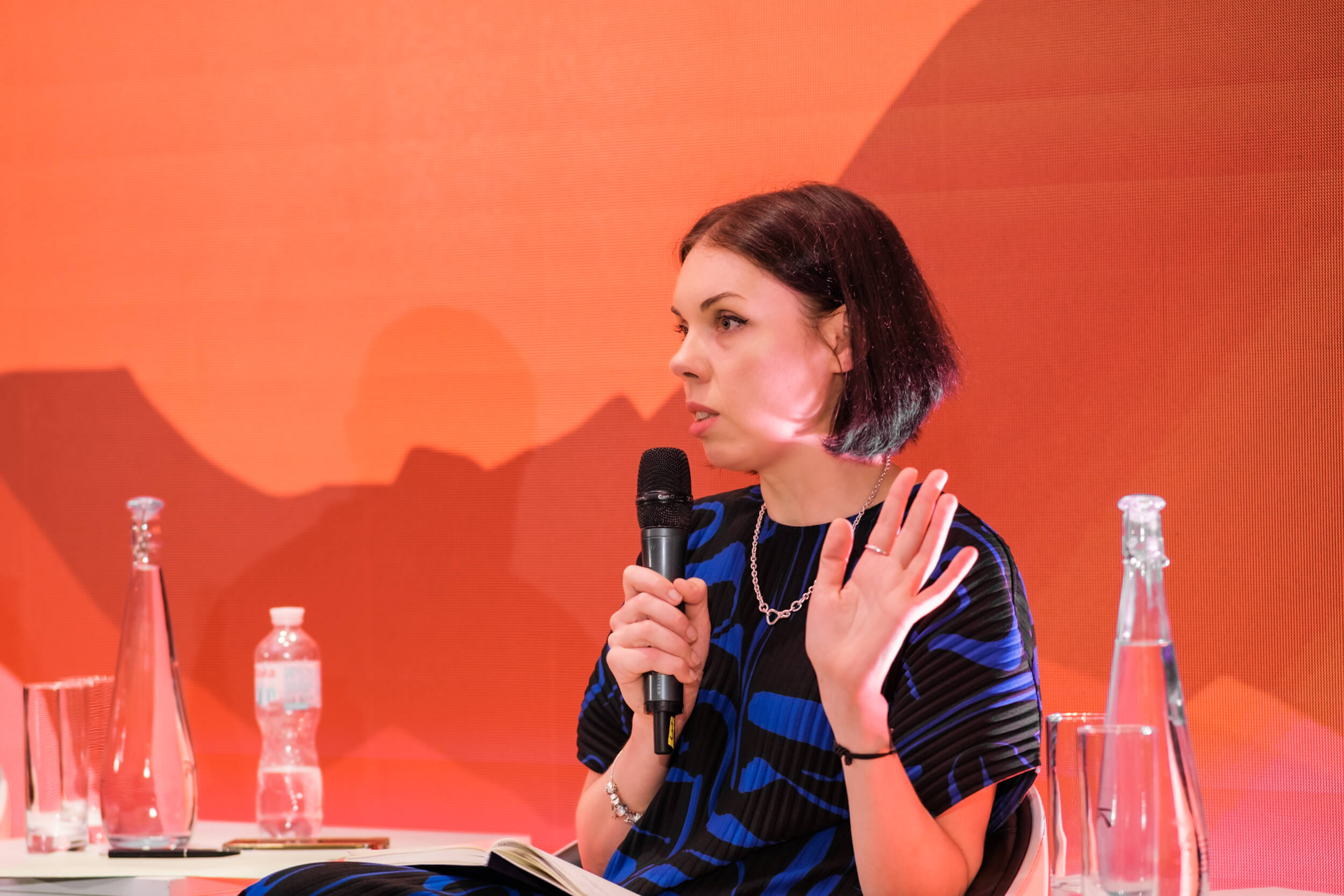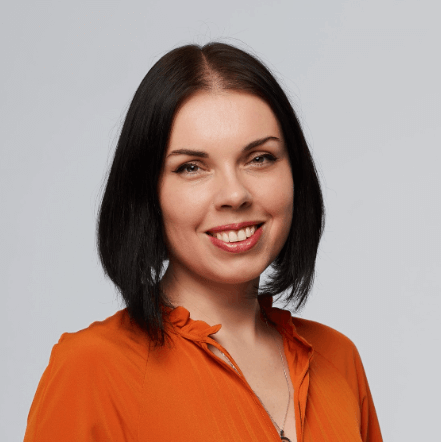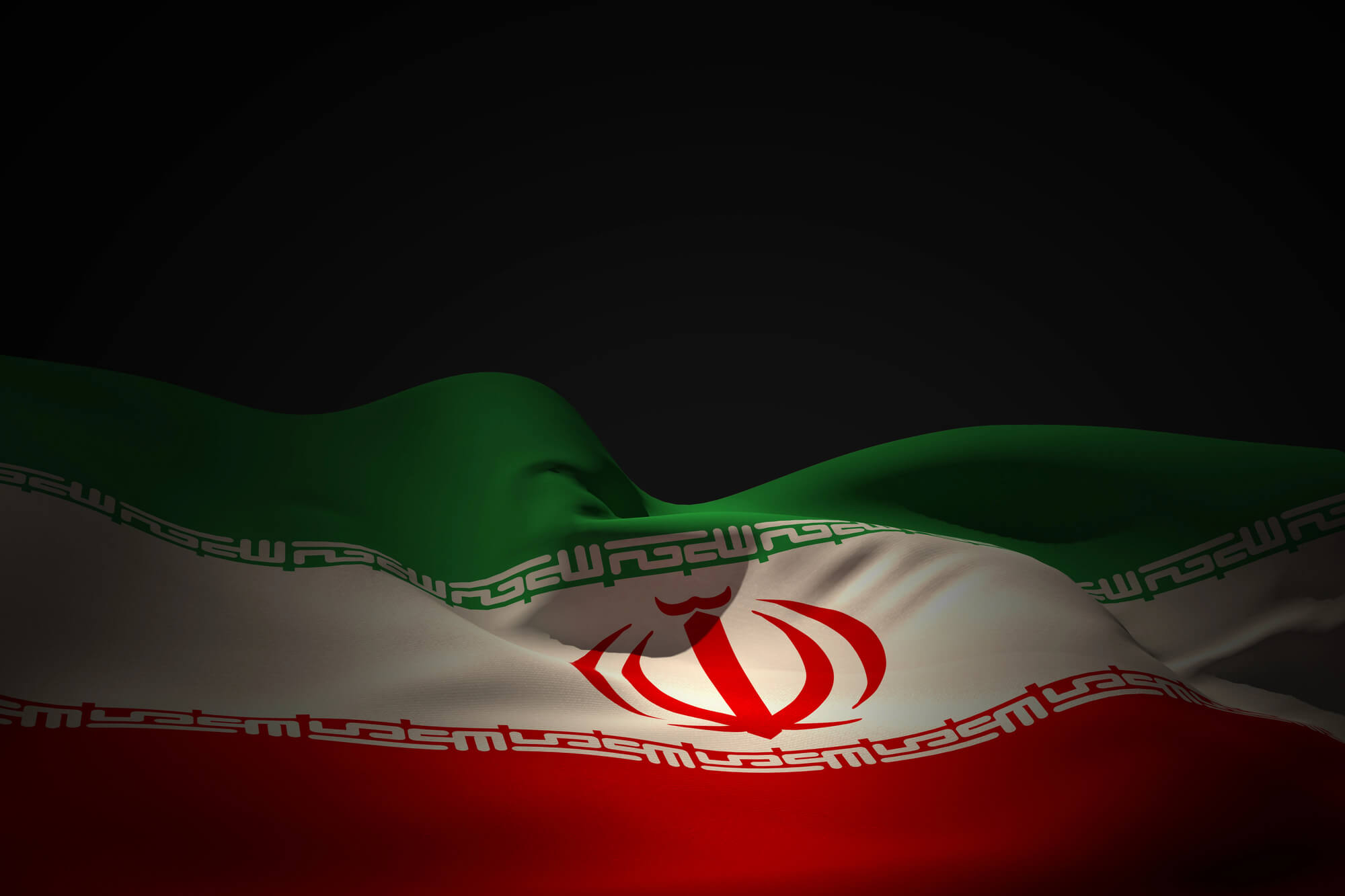Recently, more and more discussions have appeared in the public space about what the veteran policy of the state should be. This question arises not by chance: at the end of the war, veterans will be one of the most numerous categories that will need social support. Approximately, there may be more than 1 million veterans in the country, and together with family members – this is already about 3 million of our citizens.
To build an effective system of their support, it is necessary to work actively now. After all, respect, esteem, and gratitude to veterans for their contribution to the struggle for the country’s independence should be embodied precisely in how effective the social support system will be.
The Ministry of Veterans Affairs forms policy in this area, and the Ministry of Social Policy provides part of social services and payouts. But together we are partners of local communities and public organizations in building such a system.
At the heart of the philosophy of change, there is a person, a defender with their own needs, problems, pains, and experiences. After returning from the front, someone will need housing, and someone will have housing, but will need work. Someone who was injured may have become a person with a disability and will need help in physical and psychological rehabilitation, in adapting housing to new conditions. Someone needs retraining, and someone needs help in restoring mutual understanding in the family. Everyone needs psychosocial support.
Therefore, support should be, first of all, individual, and be based on the results of an assessment of the needs of a particular veteran. After all, veterans of completely different ages (20, 30, 50 y. o.) will have fundamentally different needs. For someone it is important to have their own education, and for someone – to give good education to their children. It should also be cross-sectoral, meaning it has to be coordinated between different authorities, and have developed protocols.
Secondly, the support should begin immediately at the time of demobilization. From a call to a veteran by a case manager, social worker, veteran assistant, or veteran mentor. It does not matter what the formal name of such a position will be. The main principle: it should be a person who will know the needs of the veteran and his family, will help in the preparation of documents, and advise on solving certain problems. The person who will ask “How are you?” Veterans and their families.
Third, support should be directed towards respect and quality of life. And not for formal benefits, such as the right to free use of public transport. They do not solve problems but humiliate our veterans.
Today, the government is developing several projects in which we are working out the procedures for the public sector to support veterans.
We are testing standards for the provision of some services to provide local authorities with proven support algorithms. And together with local communities, we learn how to quickly scale these algorithms.
The Ministry of Veterans Affairs is launching a pilot project on the work of veterans’ assistants.
We, in the Ministry of Social Policy, are building an electronic case management system.
In cooperation with the Ministry of Defense, about 500 employees of territorial recruitment and social support centers (TCSS) have already been trained, as well as about 70 social work specialists in the Ministry of Internal Affairs system who also work with veterans. Specialists learn to identify the needs of servicemen, veterans, and their families, advise, make the list of services that can be provided in communities, and, if necessary, direct them to other specialists and services.
Also, together with the Ministry of Defense, we are launching a pilot for the creation of patronage services at the military units of the Armed Forces, within the framework of which the service of social support will be provided to servicemen and members of their families. The social worker perceives the serviceman not as a combat unit, but as a person with a family, which also has their own needs.
Another project that is being implemented as a pilot is the provision of social adaptation services. It will be provided at two levels: 1) a program of social recovery accompanied by military and civilian psychologists, social workers, and social educators to preserve and restore social ties and promote the formation of trusting relationships within the family, to stabilize the psycho-emotional state, resistance to combat psychological trauma at the stage of recovery of servicemen; 2) after that – a service of direct adaptation in the community.
Rapid scaling up the right number of people who can work with the veteran community is also a challenge. Therefore, we consider the involvement of social workers and case managers with part-time employment.
Another flagship project implemented jointly with the Ministry of Health and pilot healthcare institutions is the creation of multidisciplinary teams in hospitals.
Traditionally, servicemen who were injured or maimed initially remained in a medical institution. After leaving it, they had to obtain the status of disability. Later, the process of providing the prosthesis that is needed began. And all this time a person did not receive either psychological or social support.
To change this, multidisciplinary teams have now been formed in 17 pilot medical institutions. Not only doctors but also social workers, psychologists, prosthetists, and orthotics are working in these teams. The main goal is to minimize the time that the state will need to provide the military/veteran with all the necessary support.
Under the system that is still operating, a person wounded in military action receives small payments. Under the system we are building, this person will receive timely rehabilitation, a high-quality prosthesis, if necessary, psychological assistance, assistance in returning to the labor market, and a good quality independent life through all possible tools.
Ministry of Social Policy has also developed a pilot project, according to which we, as a state, can help communities to purchase key social services, including – or primarily – for veterans. This year we plan to start the experiment, next year – to scale it. We will either purchase services in full or co-finance them together with the communities.
We actively cooperate with the public sector – both in terms of expertise and in terms of implementing specific projects. And we see public organizations as providers of social services, where both we and local communities will purchase the provision of social services, in particular for veterans.
Also, now, together with the Ministry of Veterans Affairs, we are preparing amendments to the legislation aimed at building effective support for veterans. Current legislation is outdated and does not allow an effective response to their needs. The current version was created to meet the needs of participants in World War II and the war in Afghanistan, who at the time of the adoption of this legislation had already been in quite an old age.
The existing legislation does not meet the needs of our new veterans – and, therefore, creates significant risks of disappointment in the state, which we simply do not have the right to allow.
We all have no right to make mistakes or to work ineffectively. We just have to do everything to make our veterans feel comfortable after they return home. And to feel respect, esteem, pride, and care for them at all levels.
The author’s column is based on the materials of the international conference “Forward and Upward: Reforming Ukraine during the War” held on May 19 in Kyiv. The conference was organized by the analytical platform Vox Ukraine with the support of The National Endowment for Democracy (NED). The main media partner is Media Center Ukraine.
Attention
The author doesn`t work for, consult to, own shares in or receive funding from any company or organization that would benefit from this article, and have no relevant affiliations





